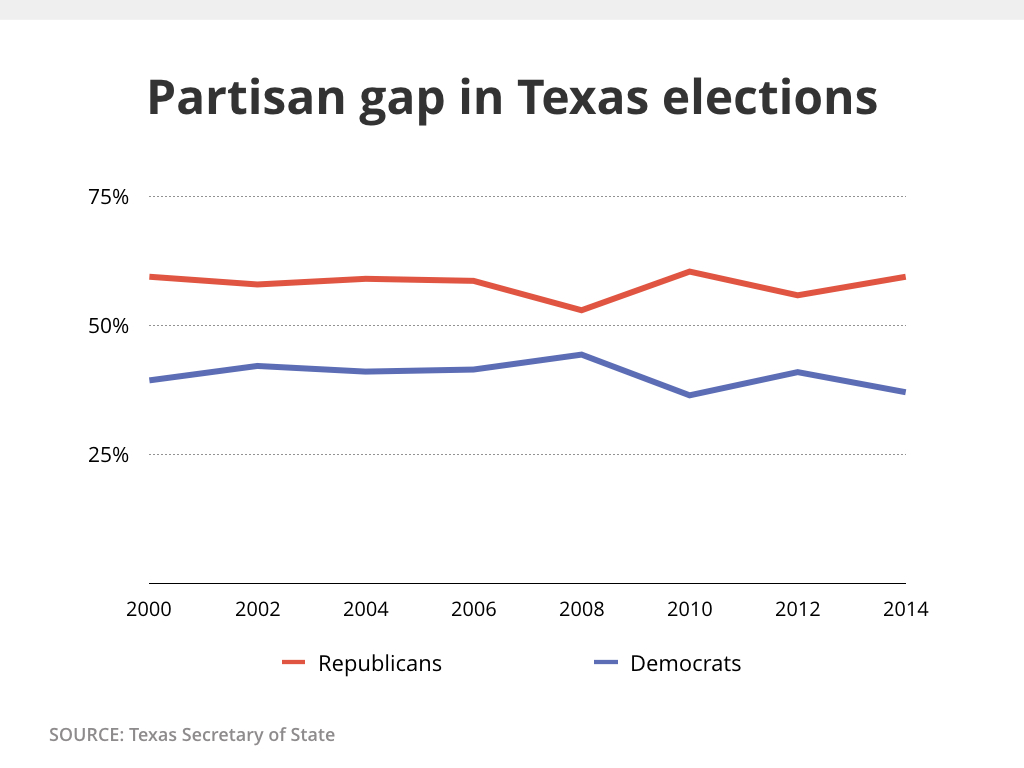Add this to our discussion of criminal justice, the Bill of Rights, due process, juries, state judicial systems, and political culture - among other things.
- Click here for the article.
- Click here for the article.
Delaware’s death penalty is unconstitutional, the state’s Supreme Court declared on Tuesday.
As Jessica Masulli Reyes reported for the News Journal, the 148-page opinion struck down how the death penalty is applied in Delaware, declaring it a violation of the Sixth Amendment–sanctioned role of a jury. The ruling follows the US Supreme Court’s January decision against Florida’s death penalty on similar grounds.
So this doesn’t mean that Delaware’s death penalty is completely dead, since it could be revived by the state’s legislature if lawmakers alter how a death sentence is carried out.
But if Delaware’s legislature does not act, New Hampshire will become the only state in the northeastern part of the country that still allows the death penalty

/cdn0.vox-cdn.com/uploads/chorus_asset/file/6801071/military_reconstruction.0.jpg)